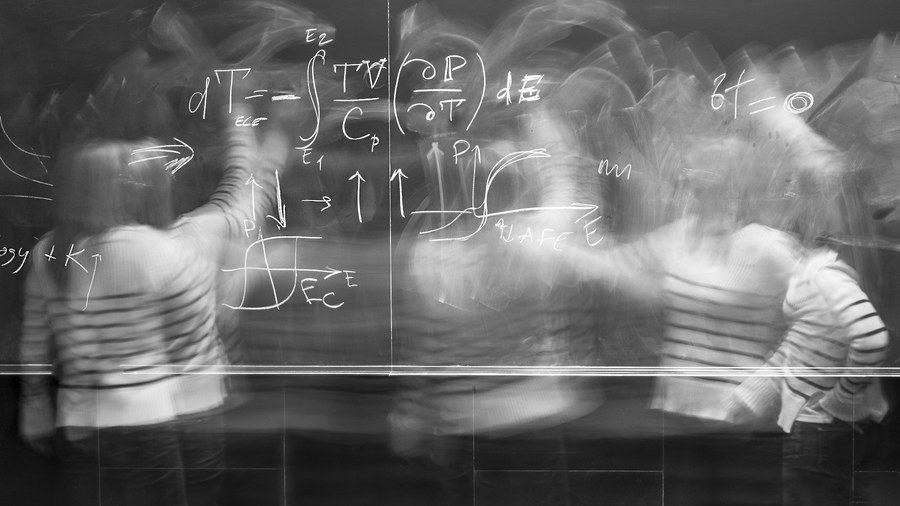Courses

Contact
The DIPC Courses are currently organized and coordinated by Deung-Jang Choi and Nicolas Lorente. You can contact them at
The fast evolution of science can be demanding to follow. For this reason, DIPC organizes training courses on specific scientific topics that help learning the basics with insight.
Scope & aim
These open courses are midway a compact scientific seminar and a long University course with the aim of providing many more details than a regular seminar while keeping the innovative aspects of current research.
They are addressed to the whole scientific community, from Professor to PhD or Master levels, being the last specially encouraged to attend. Usually no registration is required.
Coordinates & format
DIPC Courses, unless otherwise stated, take place in the "Josebe Olarra" DIPC's Seminar Room (building 1, DIPC headquarters). They consist in 90-120 min lectures, with a maximum of 8 lectures, typically during 4 to 8 weeks.
The courses are expected to be participative with time for questions and discussions.
Searching for dark matter in a clumpy universe
Miguel A. Sánchez-Conde
12:00 | DIPC Josebe Olarra Seminar Room
Can Aromaticity be Evaluated Using Atomic Partitions based on the Hilbert-space?
Joan Grèbol
10:00 | DIPC Josebe Olarra Seminar Room
Spring School on Near-Term Quantum Computing
A. Cervera-Lierta (Barcelona Supercomputing Center), A. Pérez-Salinas (ETH Zürich), A. Pozas-Kerstjens (U. de Genève - Constructor University), J. Argüello-Luengo (Universitat Politècnica de Catalunya)
2026/03/15 - 2026/03/21 | Benasque Science Center Pedro Pascual
